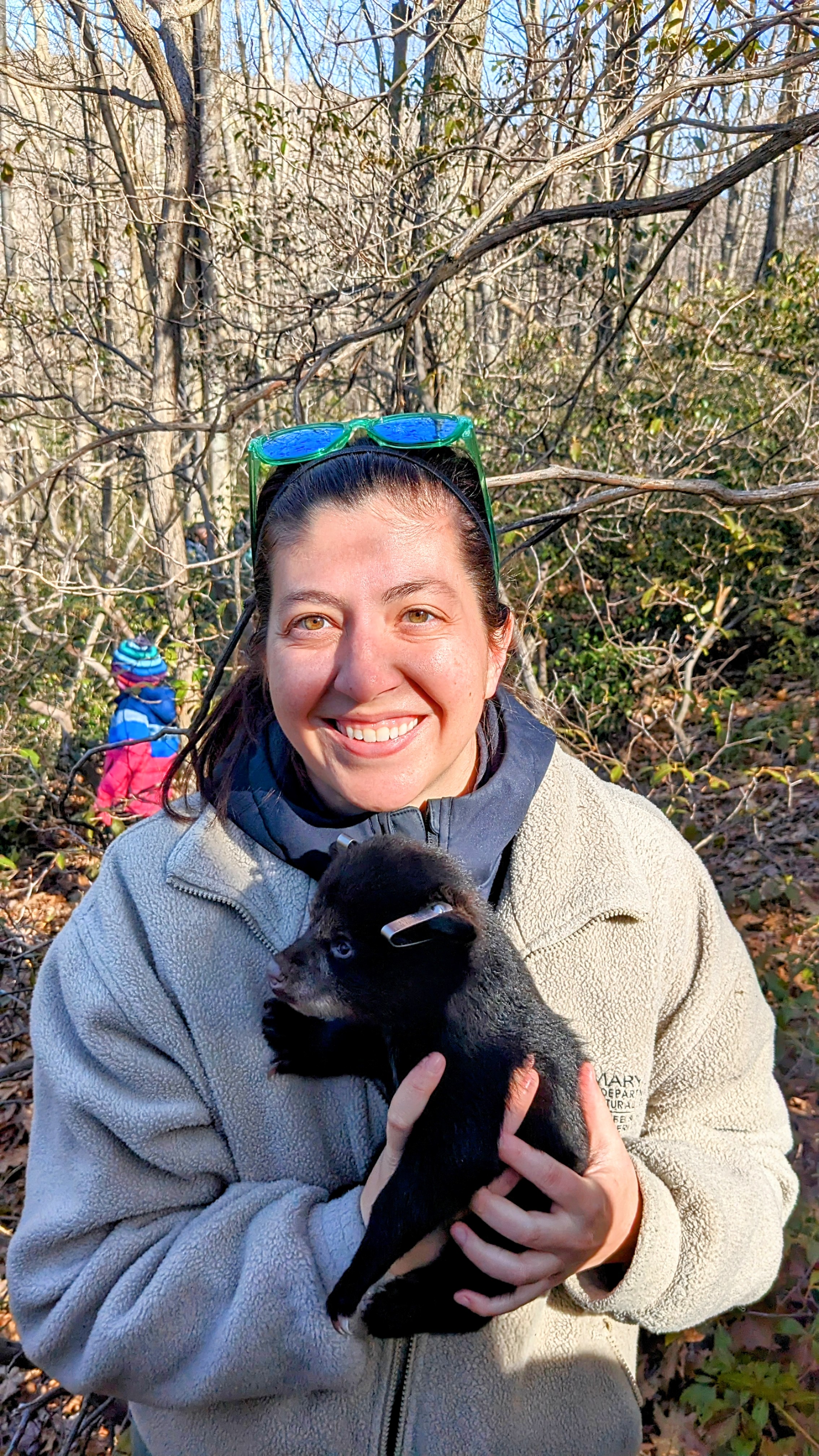Parks Protector | Katelyn Horn '11

Katelyn Horn '11 works to protect public lands from urbanization, with particular attention to preserving and enhancing native species' habitats.
Alumni Spotlight
Program
- Environmental Science & Policy (B.A.)
- Coastal Studies Program
Department
- Biology
Degree
B.A., Environmental Science and Policy
Title
Habitat Biologist III for Maryland Department of Natural Resources Wildlife and Heritage Services
You might say that Katelyn Horn '11 was genetically and environmentally destined to be a scientist. Her mom was a science teacher who instilled in her a love and deep curiosity about the natural world. Katelyn knew what she wanted to study at Hood (after all, it was partly the Coastal Studies minor that drew her here, along with the then-new Hodson Science and Technology Center), but it wasn't until she was truly out in the field with her professors that she saw some "career opportunities that I hadn't considered." Today she's the only woman in the state of Maryland to hold the position of Land Manager for the Maryland Department of Natural Resources Wildlife and Heritage Services, enhancing and protecting state lands for native species. We ask her how she got there.
Useful Links
https://dnr.maryland.gov/wildlife/Pages/default.aspx
From summer 2024 issue of alumni e-news:
Are you ready to say Hello?
Choose a Pathway
Information will vary based on program level. Select a path to find the information you're looking for!
